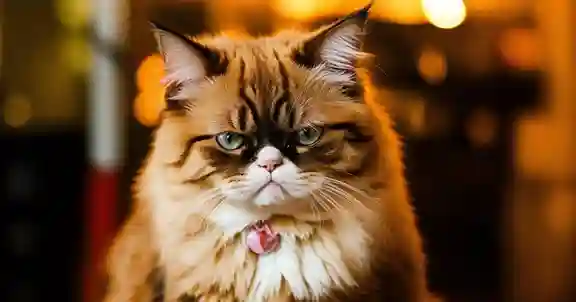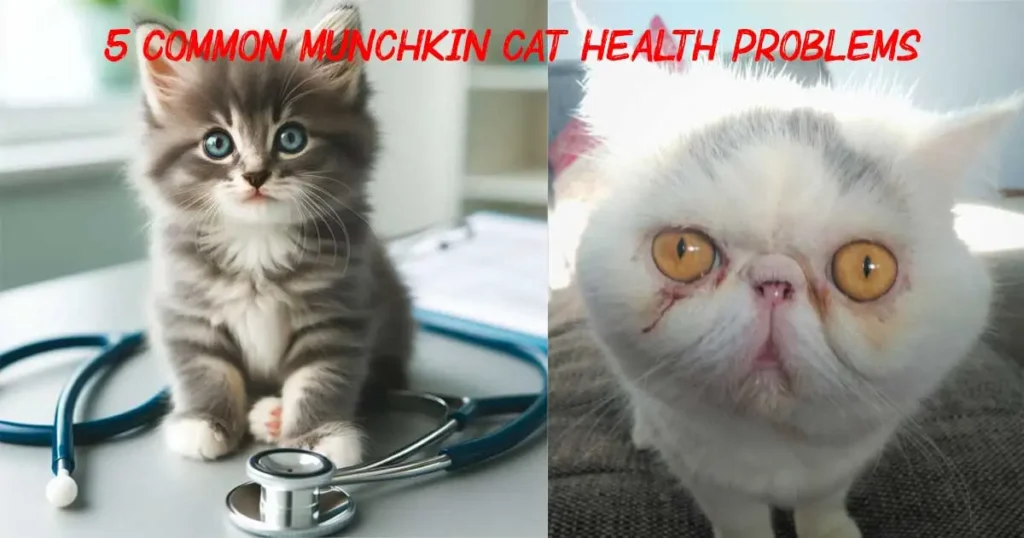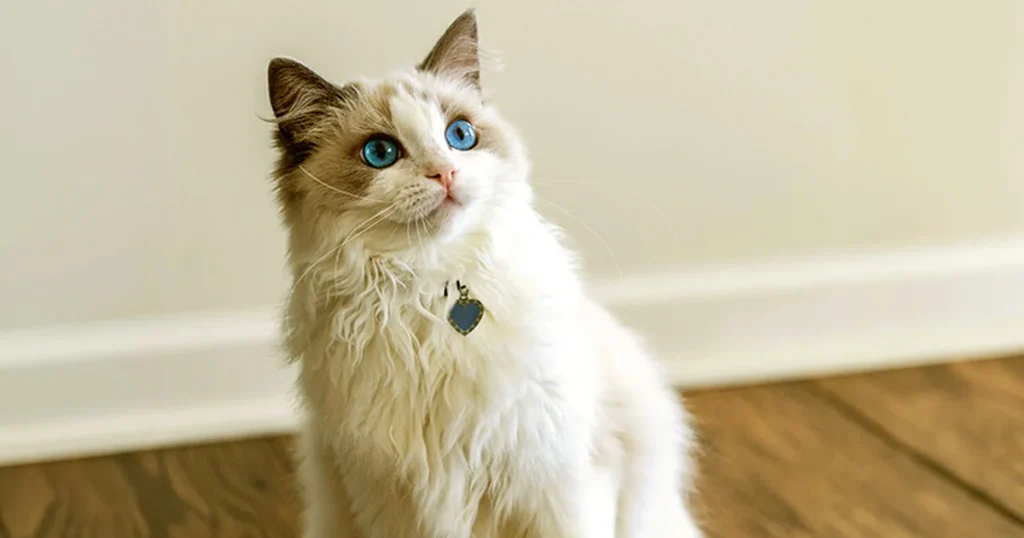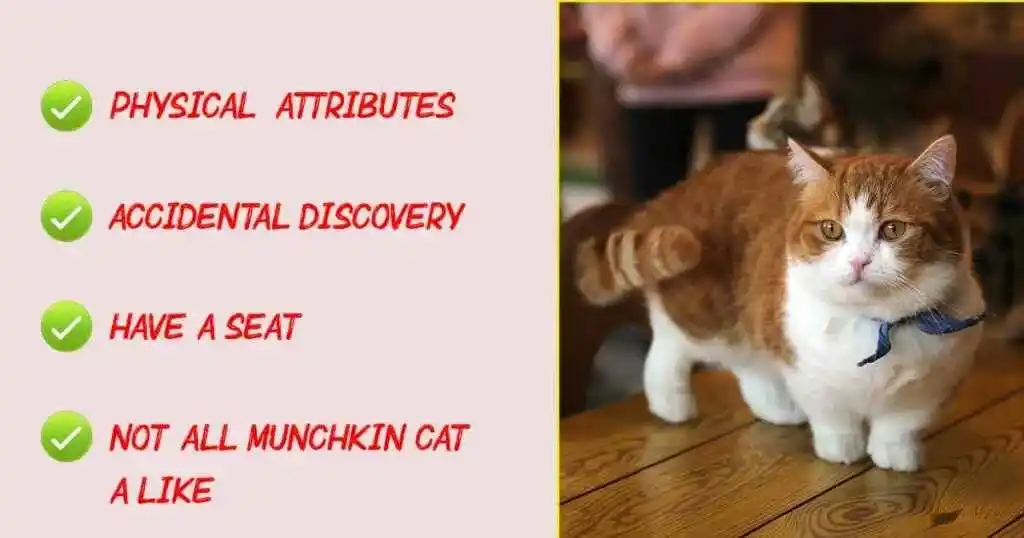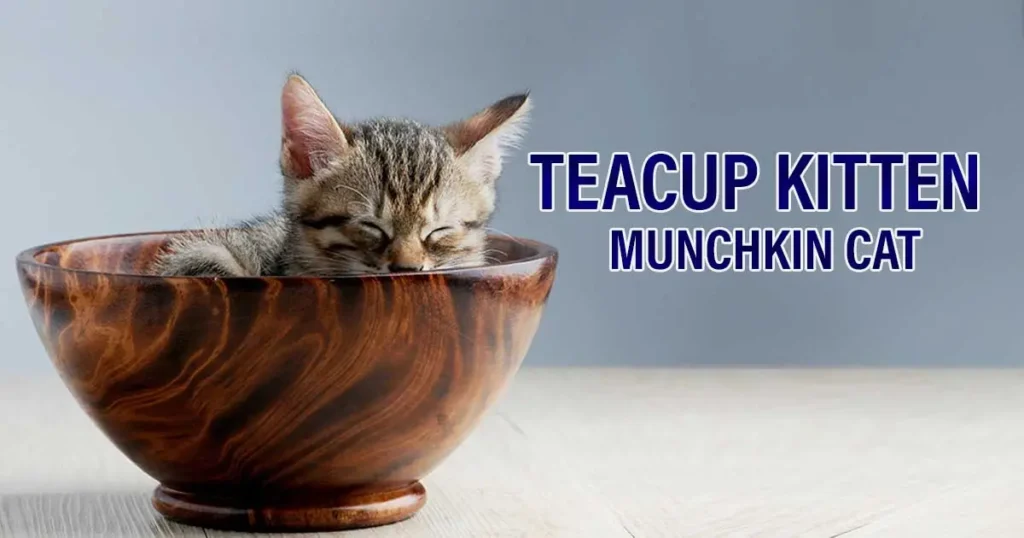Munchkin cats are adored for their short legs and charming personalities, but their unique traits can sometimes lead to specific health concerns. Munchkin cat health issues often stem from their genetic makeup, which makes them prone to skeletal deformities, joint problems, and other related conditions. While these cats can live long and happy lives, understanding their health challenges is essential for responsible ownership.
Common concerns include conditions like lordosis (spinal curvature), osteoarthritis, and pectus excavatum, a chest deformity. Despite these risks, many Munchkin cats thrive with proper care. Early detection, routine vet visits, and a balanced diet are crucial in preventing serious issues. With the right environment and attention, these cats can enjoy a fulfilling life.
This article dives deep into Munchkin cat health problems, addressing the causes, symptoms, and preventive measures. You’ll also learn why these cats face criticism, how to provide the best care, and what you can do to keep them happy and healthy.
Munchkin Cat Health Issues: Guide to Ensuring Their Well-Being
Munchkin cats, with their adorable short legs and playful personalities, are a beloved breed among cat enthusiasts. However these unique felines often raise concerns regarding their health. Munchkin cat health issues ranging from genetic predispositions to skeletal challenges require careful attention from owners.
we’ll explore everything you need to know about Munchkin cat health problems. From common concerns like skeletal deformities to understanding whether these cats are truly healthy. you’ll gain actionable insights to ensure your furry friend thrives. Let’s uncover the truth about Munchkin cats and their health dispelling myths and providing practical tips.
Munchkin cats, known for their short legs due to genetic mutations, face several health challenges. Here are five common health issues and strategies for managing them:
1. Osteoarthritis
- Description: Osteoarthritis is a degenerative joint condition exacerbated by the abnormal limb structure of Munchkins. It causes pain and reduced mobility.
- Symptoms: Stiffness, lethargy, changes in personality (e.g., avoiding touch), decreased activity12.
- Management:
- Pain management with prescription medications.
- Joint supplements to support cartilage health.
- Encourage low-impact exercise like gentle playtime.
2. Lordosis (Spinal Problems)
- Description: Lordosis involves a curvature of the spine due to short spine muscles. It can be severe enough to require surgical intervention or may lead to euthanasia if severe.
- Symptoms: Early diagnosis often occurs shortly after birth; noticeable spinal curvature.
- Management:
- Surgical intervention when possible.
- Regular veterinary check-ups for monitoring.
3. Pectus Excavatum
- Description: This condition results in a hollowed chest cavity affecting heart function and breathing efficiency.
- Symptoms: Coughing, pneumonia, avoiding exercise1.
- Management:
- Surgical correction is often necessary.
- Monitoring respiratory health closely.
4. Hyperthyroidism
- Description: A common endocrine disorder causing excessive thyroid hormone production, leading to weight loss and hyperactivity2.
- Symptoms: Weight loss, increased appetite/thirst/vocalization, vomiting/diarrhea12.
- Management:
- Medication therapy under veterinary guidance.
- Regular blood tests for monitoring thyroid levels.
Most Common Health Issues in Munchkin Cats
Munchkin cats, known for their adorable short legs, can face a few common health issues. Their unique body structure sometimes leads to spinal problems like lordosis, where the spine curves inward, or pectus excavatum, a chest deformity.
Joint issues, such as arthritis, can also arise due to their short limbs. Additionally, they may be prone to obesity if not kept active, which can exacerbate these conditions. Regular vet check-ups, a balanced diet, and moderate exercise can help manage and prevent these health concerns effectively.
Lordosis (Spinal Curvature)
Lordosis is a condition where the spine curves abnormally, often affecting the chest and surrounding organs. While this issue isn’t exclusive to Munchkin cats, their genetic makeup makes them more susceptible.
Symptoms include:
- Difficulty in walking or jumping
- Visible curvature of the spine
- Breathing problems
Osteoarthritis and Joint Pain
Due to their short legs, Munchkin cats can develop joint-related problems like osteoarthritis. This issue may worsen as they age, affecting mobility and causing discomfort.
Preventive Care Tips:
- Regular vet check-ups
- A balanced diet rich in omega-3 fatty acids
- Joint supplements approved by veterinarians
Pectus Excavatum (Chest Deformity)
How can I prevent my Munchkin cat from developing osteoarthritis
Preventing osteoarthritis in Munchkin cats involves a combination of lifestyle adjustments and proactive health measures. While it’s impossible to completely prevent osteoarthritis, these strategies can help reduce the risk and manage symptoms:
1. Maintain a Healthy Weight
- Importance: Excess weight puts additional strain on joints, exacerbating arthritis symptoms.
- Action: Feed your cat a balanced diet with approximately 250-300 kcal per day for adults, depending on their size and activity level. Consult with your veterinarian to determine the ideal weight for your Munchkin cat.
2. Provide Regular Exercise
- Benefits: Low-impact exercise helps maintain muscle strength around joints without overexertion.
- Tips:
- Engage in play activities that encourage movement without high jumping or stress on joints (e.g., interactive toys).
- Aim for about 30 minutes of gentle exercise daily
Are Munchkin Cats Healthy Overall?
The short answer: Munchkin cats can be healthy, but their unique anatomy increases their risk of specific conditions. Regular veterinary care and a healthy lifestyle can mitigate many risks associated with Munchkin cat health problems.
While some critics argue that the breed’s structure is “unethical,” breeders often work to minimize health risks through careful selection.
Why Do Munchkin Cats Face Criticism
Munchkin cats, known for their distinctively short legs, face criticism from various sources, mainly due to concerns about their health and ethical breeding practices. Here’s a closer look at the main reasons:
“What’s Wrong With Munchkin Cats?”
Munchkin cats are undeniably cute, but their unique body structure can come with challenges. Their short legs, a result of a genetic mutation, may increase the risk of spinal problems like lordosis and joint issues such as arthritis.
While they can live happy, healthy lives with proper care, potential owners should be aware of these concerns and prioritize regular vet visits, a balanced diet, and an active lifestyle to support their overall well-being.
Key Concerns:
- Increased risk of skeletal issues
- Limited mobility in some cases
- Potential for respiratory challenges
“Why Are Munchkin Cats Bad?”
It’s important to understand that no pet is inherently “bad.” This perception often stems from misinformation or biased views about their genetic predispositions. With proper care, many Munchkin cats live healthy lives.
How to Care for a Munchkin Cat’s Health
Munchkin cats are cherished for their adorable short legs and playful demeanor, but their unique anatomy requires attentive care to ensure a long and healthy life. Proper care includes a mix of preventive health measures regular vet visits and an enriched environment that accommodates their needs.
Prioritize Routine Vet Visits
Routine vet visits are essential for Munchkin cats to ensure their health and well-being. Regular check-ups help detect potential issues like spinal problems, joint conditions, or obesity early, making treatment more effective.
A vet can also provide guidance on diet, exercise, and overall care tailored to their unique needs. By prioritizing these visits, you can keep your Munchkin cat happy, healthy, and thriving.
Balanced Diet and Nutrition
Recommended Foods:
- Protein-rich wet or dry food
- Omega-3 supplements for joint health
- Calcium-fortified treats (if recommended by your vet)
Create a Safe and Stimulating Environment
Encourage exercise to keep your Munchkin cat active and prevent obesity. Use toys, climbing trees, and interactive games to promote movement without overexertion.
FAQs
Do Munchkin Cats Have a Lot of Health Problems?
Not necessarily. While they are predisposed to certain conditions, many Munchkin cats live long, healthy lives with proper care and monitoring.
How Long Do Munchkin Cats Typically Live?
On average, Munchkin cats live between 12–15 years. Factors like genetics, diet, and lifestyle play a significant role in determining their lifespan.
Can Munchkin Cats Climb and Jump Like Other Cats?
Yes, but their short legs may limit their range. Providing accessible climbing areas and steps can help them navigate your home with ease.
Is Breeding Munchkin Cats Ethical?
This is a topic of ongoing debate. Responsible breeders aim to minimize genetic risks, but potential owners should ensure their cats come from reputable sources.
Conclusion
Munchkin cats bring joy and companionship to countless households. While they may face unique health challenges, understanding and addressing their needs can ensure a fulfilling and happy life. As an owner, your role is to stay informed, provide preventive care, and shower them with love and attention.
By being proactive and knowledgeable, you can help your Munchkin cat thrive despite potential challenges. Remember, every pet deserves a chance to live their best life.
